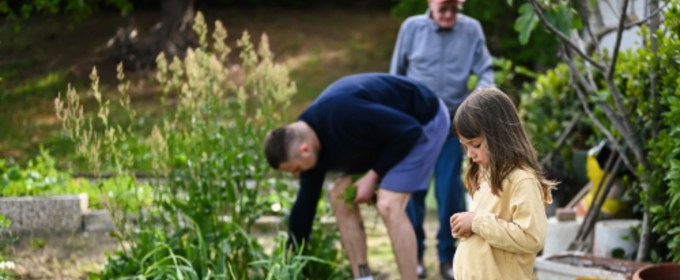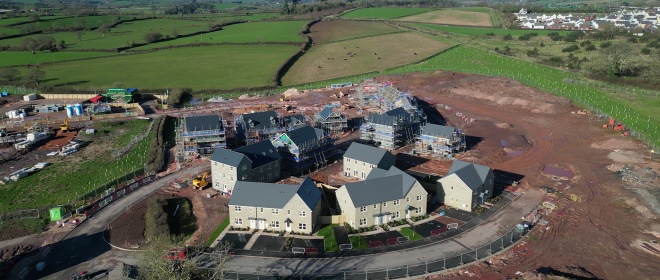After the last of three waves of new towns were designated, the British new towns project essentially halted in the late 1960s – until now. Government have placed the serious development of new towns firmly back on the agenda with the establishment of a New Towns Taskforce (NTT). In this article, Professor Mark Baker, Sui […]









